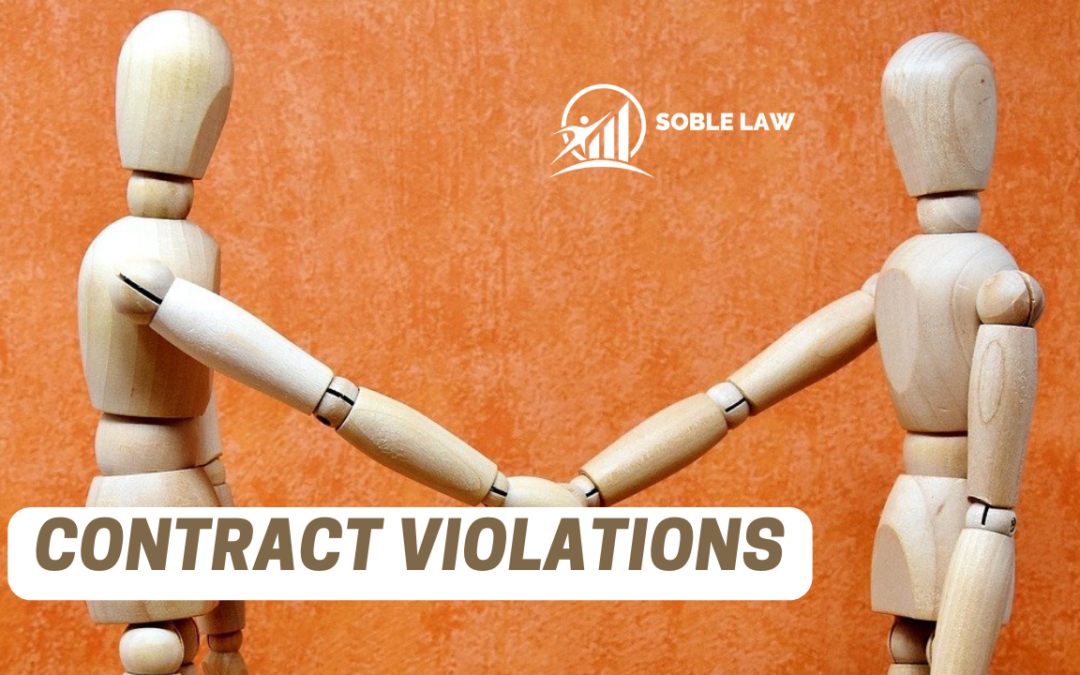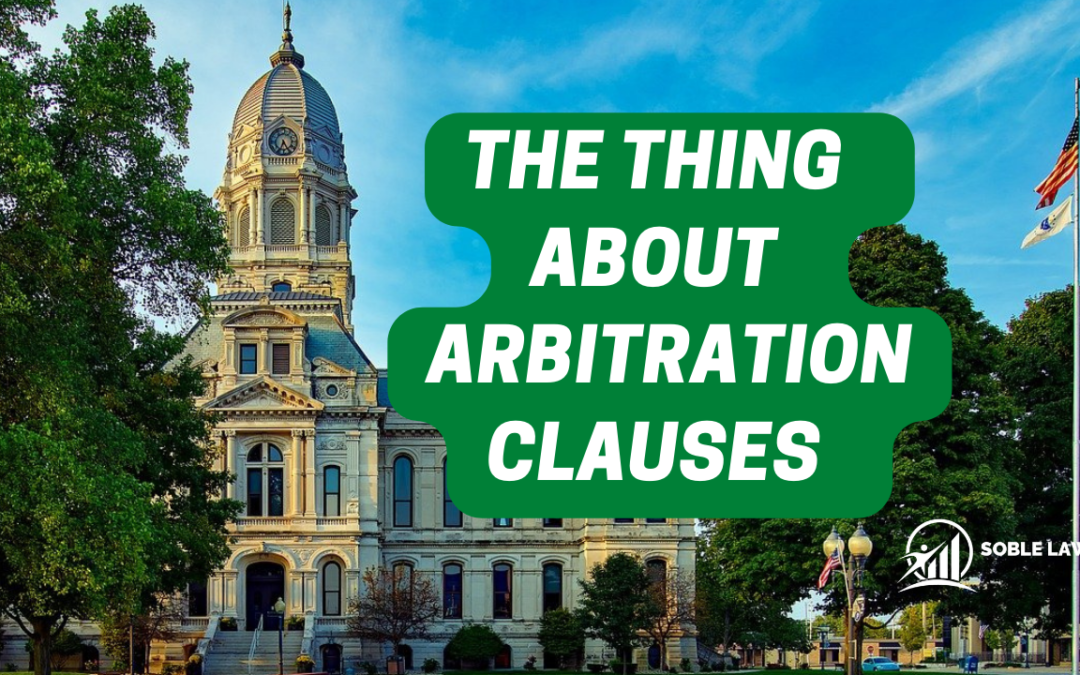As a Michigan real estate and finance attorney for almost thirty years now, I’ve dealt with mortgage and financial disputes between borrowers and lenders. Years ago, the lending environment was very easy to maneuver and there were very few, if any, federal regulations that gave the debtor any rights against the lending institution or a loan broker.
However, ever since the great financial crisis of 2008, things have really changed. Federal and state laws regulating lending have more teeth or penalties in them. Regarding enforcement, federal and state and consumer-rights agencies are much more active and vigilant against bad actors in the lending industry.
Debtor Time Period
The one thing that has remained constant is that debtors still have a limited amount of time to challenge what they may perceive as lender misconduct or even lender abuse. Generally speaking, if you as a debtor or borrower wish to legally challenge a loan agreement for whatever reason, a debtor only has five years from the date of a loan closing to bring a lawsuit based upon loan documentation or the actual loan process.
Homeowner Redemption Period
Again, if you’re going to challenge the loan process, you have five years from the date of closing. Regarding a mortgage foreclosure, federal law is clear that a homeowner has to bring any action—any lawsuit asserting a defective foreclosure or a defective foreclosure process or a foreclosure defense within a homeowner’s redemption period. Most often the homeowner redemption period is six months from the date of a foreclosure sale and the rule that once a redemption period has expired, the lender has extinguished the mortgage, so there’s no mortgage contract left for a homeowner or now a former homeowner to have standing, which is the right to bring a lawsuit; therefore six months after a foreclosure, five years after you close the loan.
Business Loan/Promissory Note Period
Finally, regarding a business loan agreement or a promissory note, a lender only has six years to bring an action against a debtor for nonpayment. The six years is calculated from the last day on which a lender accelerates or calls the entire balance on a note due and payable. After that, the lender is barred from bringing any action against a debtor.
Example: I currently have a client who’s being sued by a lending institution. In 2010, a lawsuit was brought against them to collect on their business loan. That action was dismissed without prejudice, which basically meant that somebody could bring the action again concerning the same facts in the future. But no payments from 2010 were made since the loan; therefore, the lawsuit was dismissed. Now the lender re-filed the lawsuit in 2018, six years have passed, obviously, from 2010 to 2018. So for all intents and purposes, the lender is legally blocked from bringing a lawsuit against the client.
Complicated Legal Instruments
Loan agreements, mortgages and financial contracts—they’re all complicated legal instruments and time bars for bringing a legal action are often the easiest defense for an attorney to raise. But I’m going to share with you that there are numerous legal defenses and legal theories that, as serious legal practitioners, we invoke for our clients. If your legal and financial situation is critical, you need to contact an attorney for assistance. No other professional can be of assistance—not a realtor, not a mortgage loan officer, not even your neighbor. So get to a contract attorney right away, somebody who specializes in contracts and real estate and finance. That’s who you need to speak with.
If you liked what you read, check out our related YouTube videos




















